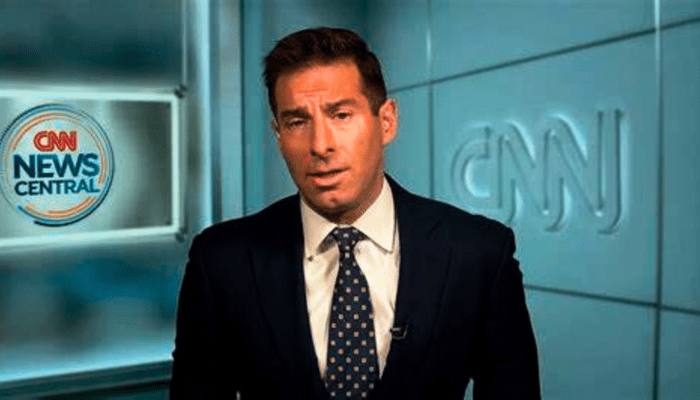Big-name media outlets are praising the verdict of Donald Trump in the Manhattan trial, dancing in what feels like a political victory. However, CNN’s top legal whizz delivered a sobering debunking, shedding light on the head-scratching tactics prosecutors used to bag a decidedly political win.
Friday’s New York Magazine broke the news, highlighting the troubling leanings in the trial with the headline: “Prosecutors Got Trump — But They Twisted the Law”. The prosecution, keen to bag a win by hook or by crook, left a cloud of doubt over the case’s integrity.
The jury delivered, but the case stank of an unjustified scramble to the finish line. Winning certainly doesn’t equate to righteousness. There’s an array of convictions, won in courtroom battles where they never should’ve been fought. Triumph isn’t a solid rebuttal against a questionable reach for justice.
It’s clear there were many disturbing overtones in the case. It’s an indisputable fact, for one, that the presiding judge violated protocol by donating $35 towards a politically-charged operation against Trump. Would the verdict have sat well if the judge was funneling a few bucks towards backing Trump? Likely not.
Alvin Bragg, District Attorney, climbed the ladder in a Democrat-majority county by advertising his record of pursuing Trump. His bizarre and incorrect brag of a legal battle against Trump over a hundred times was a telling sign of his political mission.
Probably the gravest issue was the prosecution’s stretching of the law and due process to bring charges against Trump. This should fall on the prosecutors and the judge who allowed it to unfold as it did.
Something as monumental as charging a former president should be grounded on an ironclad case. But as shown in Honig’s analysis, it hinged on a convoluted case conversion from a past-due misdemeanors federal case to a felony state one, leaving the original crimes completely glossed over.
The charges brought against Trump were uncharted territory. In the history of state prosecution across the country, no one has ever hit anyone with federal election laws as a state crime. None. Never once. Even the Manhattan DA almost never champions cases where business record falsification is the singular charge.
In an attempt to amplify charges from mere misdemeanors to low-level felonies and putting them back in the race within the felony statute of limitations, the DA claimed that these business records were forged “with intent to commit another crime.” However, the specifics of these crimes weren’t disclosed till the end. This strikes a huge blow against the constitutional obligation for the defendant to be aware of accusations before the trial.
Honig went as far as highlighting the prosecutors’ fearful lack of disclosure of the supposed underlining crimes, speaking to a stunned CNN Panel.
The absurdity of the trial isn’t another everyday courtroom drama. It’s a sign of a system that can put politics before justice, casting a nerve-racking silhouette of the future of the American judicial system. As conservatives, we must not remain silent, but rather continue to expose and question such biases.



